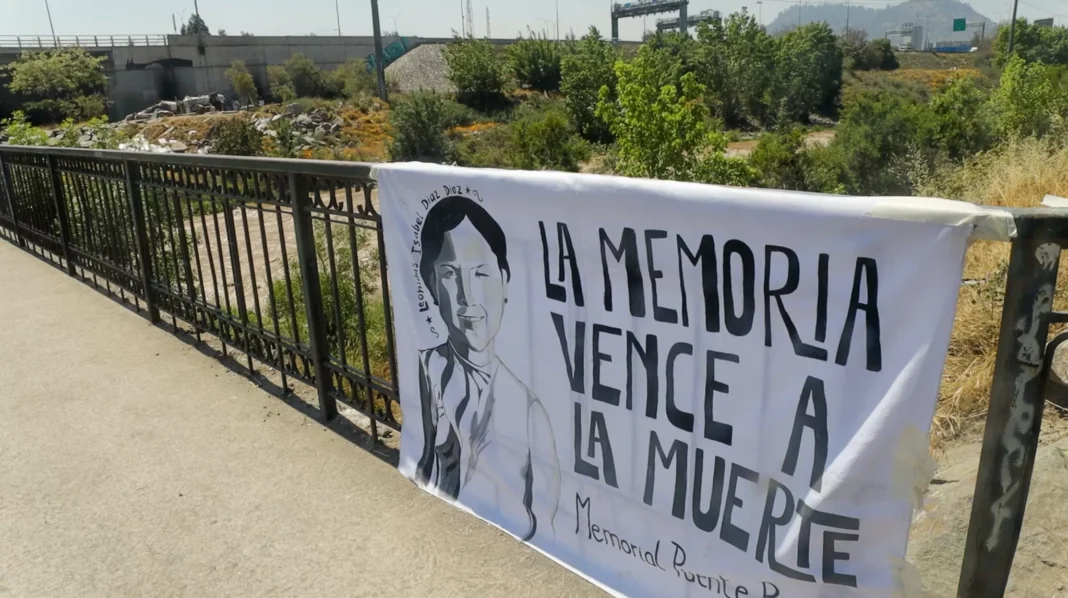Half a century ago, a bridge in Chile was known as a place of terror and death. Under the brutal dictatorship of Augusto Pinochet, this bridge was a favorite execution site for the military. But today, it stands as a symbol of resistance and resilience, thanks to the efforts of activists who refuse to let its dark history be forgotten. This is episode 62 of Stories of Resistance.
The bridge, located in the city of Santiago, holds a painful past for many Chileans. During Pinochet’s regime in the 1970s and 1980s, thousands of people were tortured and killed by the military. Many of them were thrown off this very bridge, their bodies disappearing into the murky waters below. For decades, the atrocities committed at this site were silenced and denied by the government.
But as the years passed, a new generation of activists emerged, determined to uncover the truth and seek justice for the victims of the dictatorship. They began to organize protests and demonstrations, demanding accountability and recognition for the horrors that took place at this bridge and throughout the country.
Their efforts paid off in 2004 when the bridge was officially declared a National Monument, a powerful statement that acknowledged the significance of this site in Chile’s history. It was also renamed the “Bridge of Solidarity,” a name that reflects the unity and strength of the people who continue to fight for justice.
Since then, the bridge has become a site of remembrance and resistance. Every year on September 11th, the anniversary of the military coup that brought Pinochet to power, thousands of people gather at the bridge to honor the victims and demand justice. The names of the victims are read aloud, their faces displayed on banners, and their stories shared with the world.
But the fight for justice doesn’t end there. The activists behind Stories of Resistance have made it their mission to ensure that the atrocities of the past are never forgotten. Through their podcast, they share the stories of survivors and their families, shedding light on the human rights abuses that occurred during Pinochet’s dictatorship. They also organize educational workshops and events, spreading awareness about the importance of remembering and learning from the past.
Their work has not gone unnoticed. In 2019, the team behind Stories of Resistance was awarded the National Prize for Human Rights by the Chilean government. It was a momentous occasion, recognizing the impact of their tireless efforts in preserving the memory of the victims and promoting human rights in Chile.
Today, the Bridge of Solidarity stands as a powerful reminder of the resilience and strength of the Chilean people. It is a place where the past and present intersect, where the horrors of the past are met with the courage and determination of those who refuse to be silenced. It is a symbol of hope and a call to action, a constant reminder that the fight for justice and human rights is ongoing.
As we look back on the dark history of this bridge, we are reminded that it is our responsibility to ensure that such atrocities never happen again. We must continue to honor the victims, demand accountability, and stand in solidarity with those who fight for justice and human rights. The Bridge of Solidarity will forever serve as a beacon of resistance, inspiring future generations to never forget and to continue the fight for a better, more just world.


